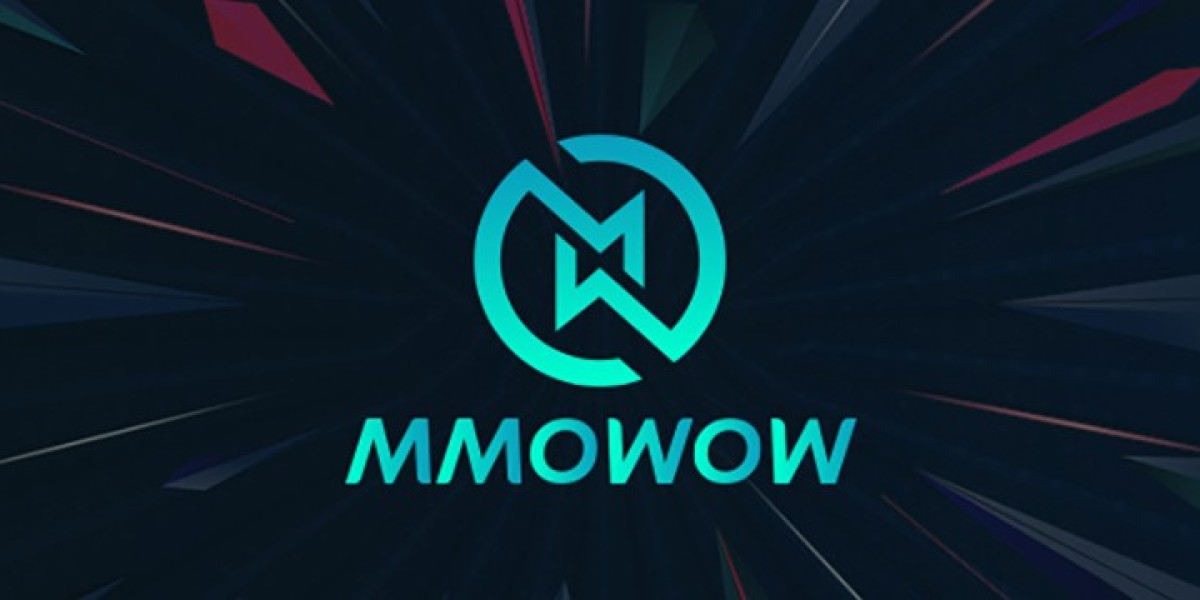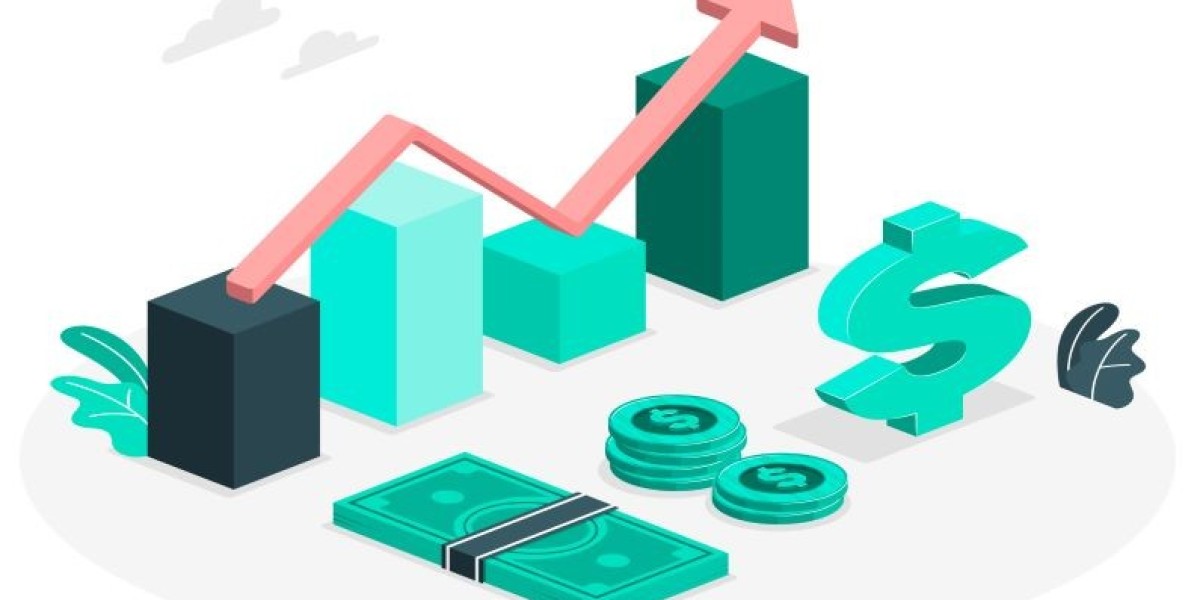The Fundamentals of Call Center Pricing
When it comes to pricing your call center services, it's not a one-size-fits-all scenario. Call center pricing depends on several key factors:
1. Service Type
The type of call center service you require plays a significant role in determining costs. There are typically three primary service models:
· Inbound Call Centers: These centers handle incoming customer inquiries and support requests. Pricing may be based on the number of calls received or the time agents spend on the phone.
· Outbound Call Centers: Outbound call centers focus on making calls, such as telemarketing or lead generation. Costs can vary based on the volume of outbound calls or the success rate of campaigns.
· Blended Call Centers: Blended call centers combine both inbound and outbound services, offering flexibility but often with a higher price tag.
2. Agent Compensation
The cost of your call center is closely tied to agent salaries and compensation packages. Factors influencing agent compensation include experience, location, and the complexity of the tasks they handle. High-quality agents may command higher salaries, but they can also deliver superior customer service.
3. Technology and Infrastructure
The technology and infrastructure you choose for your call center impact costs significantly. These include:
· Software: Call center software solutions can range from basic to advanced, with pricing reflecting the features and capabilities they offer.
· Hardware: You'll need computers, headsets, and other equipment for your agents, and these expenses can vary depending on quality and quantity.
· Facility: Costs associated with leasing or owning call center facilities also factor into pricing.
4. Scalability
Consider whether your call center needs to be scalable. If your call volume fluctuates, having a scalable solution allows you to adjust costs accordingly. Scalability can be achieved through flexible staffing arrangements or cloud-based solutions.
5. Quality Assurance
Maintaining high-quality customer service is essential. Investing in quality assurance measures, such as training and monitoring, may add to your overall expenses but can lead to improved customer satisfaction and retention.
Managing Call Center Costs Effectively
Now that we've explored the factors affecting call center pricing, let's look at some tips to manage your costs effectively:
· Optimize Staffing: Ensure you have the right number of agents on hand to handle call volume efficiently, minimizing idle time or missed calls.
· Utilize Automation: Implementing automation for routine tasks and inquiries can reduce the workload on your agents, potentially allowing you to employ fewer agents or allocate them to more complex tasks.
· Regularly Review and Adjust: Continuously assess your call center's performance and expenses. Be open to making adjustments to improve efficiency and reduce costs where possible.
· Consider Outsourcing: Depending on your needs, outsourcing some call center functions to a third-party provider can be a cost-effective solution.
In conclusion, understanding call center pricing is crucial for making informed decisions about your customer support strategy. By considering the factors mentioned above and implementing cost-effective measures, you can optimize your call center's performance and deliver outstanding service to your customers.








